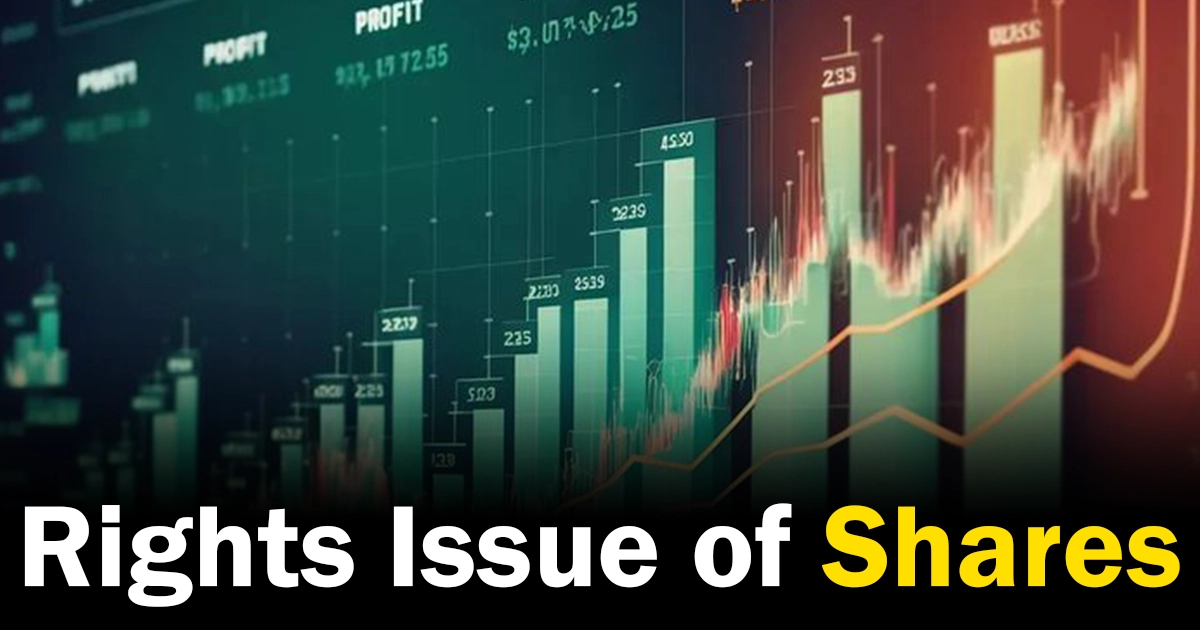Greeks
The word “Greek” encompasses all kinds of risk measures that are used to calculate the effect of various factors on the price of the option. Here are the main Greeks and what they measure geometrically: The first assumption that I will make is based on the purpose these them measure the option price:
1. Delta (Δ): The price of an option with respect to the price of the underlying asset. For example, if the delta equals 0.5, it means that the price options will, on average, change by 0.5 if the value of the underlying asset changes by 1 point.
2. Gamma (Γ): Provides an idea about determining the rate of change of delta with the changes in the price of the underlying asset. It assists in approximating how Delta may shift due to the movements in the price of the underlying asset.
3. Theta (Θ): Measures the sensitivity of an option's price to the passage of time, also known as time decay. Theta indicates how much the price of the option will decrease as it approaches its expiration date.
4. Vega: A numerical value representing the sensitivity of an option’s pricing to changes in the volatility of the underlying asset. The more volatility the option pricing gets, the higher Vega it has.
5. Rho (ρ): Denotes the measurement of the degree to which an option’s price changes with respect to interest rates. Rho states the change in price of the option is due to a change of the order of 1% in the interest rates.
These Greeks assist in the acquisition of the skills needed to analyze the many risks and factors that influence the price of the options available and help in making better trading strategies.
Change in delta with respect to theta
Theta affects the delta, but it is on an indirect basis in the sense that it does not work by changing the value of the underlying asset but by the value of time, which is also known as time decay. With the passage of time and the reduction of Theta, which is the time erosion of an option, some delta changes may be expected, especially for ATM and near ATM options. These changes can impact how traders' domestic positions, and they are likely to be more pronounced as expiration nears and time erosion increases.
Change in delta with respect to gamma
Delta is affected and determined by gamma, which is the rate of change in Delta as a result of a change in the underlying price. High Gamma means that distinguished changes in underlying asset price will cause ranked changes in the delta to call options, issuing out the surge in the delta. It is essential to fathom the association between Gamma and Delta, owing to the dynamic nature of the management of options positions, paying particular attention to ATM options and when Gamma is on the high end.
Change in delta with respect to vega
changes in a friendly way. Vega indirectly affects Delta by altering the value of the option. Waiving a change in volatility might also warrant a change in Delta for such commodities as options. For ATM options, mostly in cases when Vega is high, increases in volatility will elicit more changes in Delta. As such, taking advantage of some understanding of the relationship between Vega and Delta helps optimize options positions and respond appropriately when volatility in the market does change.
Change in gamma with respect to theta
In the view of most writers, time value is directly influenced by the delta sensitivity of the option, while rest theta affects gamma. As Theta time is a waste of an option, Adam Gamma can rise significantly more for suits whose expiry date is relatively moonless. This relationship has a bearing on how Delta changes because underlying asset price changes and therefore considers an option positions’ management and hedging.
Change in gamma with respect to vega
Gamma is not an option Greek that Vega clearly influences; however, changes in the volatility that Vega covers could affect Gamma. For instance, in the case of ATM options, higher volatility tends to increase Gamma, making Delta more responsive to the movements of the underlying asset. On the other hand, less volatility eventually causes lower Gamma, which facilitates lower responsiveness in Delta. The encumbrance that Vega imposes on one's ability to carry such options can also be useful in managing the option position and making changes that are honourable to it based upon changes in the market's volatility.









